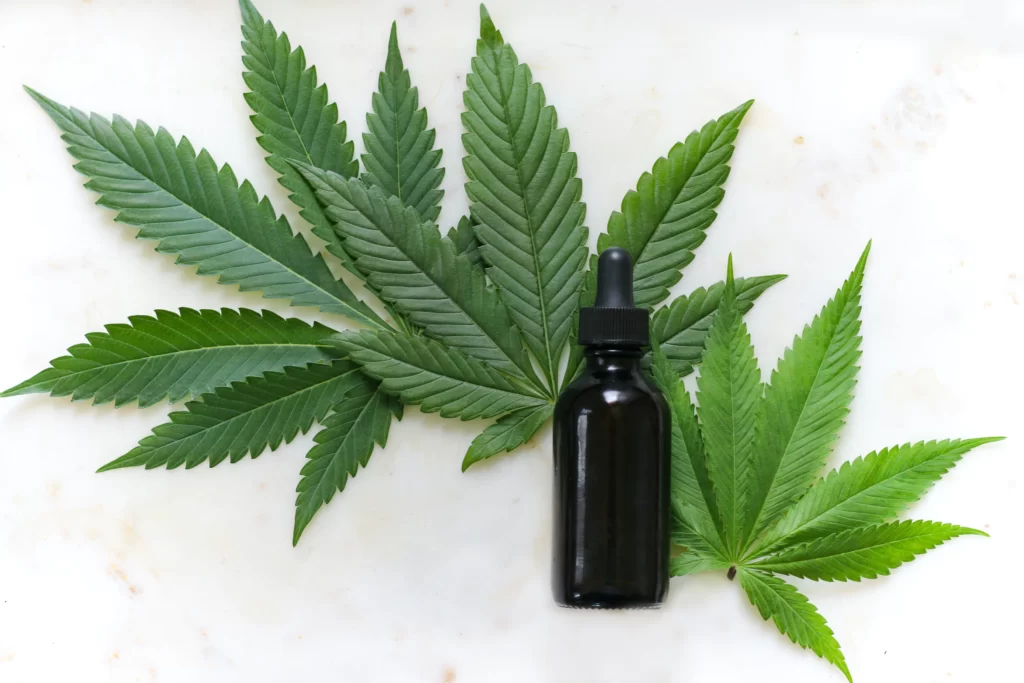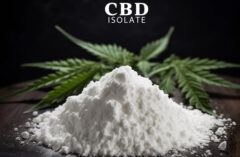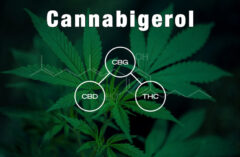Table of Contents
Last Updated on March 16, 2023 by Team Spinfuel
As more and more cannabis products like THC oil are hitting the market nowadays, people’s interest in learning about the two most common compounds found in these products, CBD and THC, only increases.
Although both derive from the same cannabis sativa plant and even share the same chemical structure, there are still several significant differences in their chemical arrangement and how they interact with the body’s endocannabinoid system. This difference is especially noticeable when the compounds are consumed in the form of oil extracts.
THC = Psychoactive
Generally speaking, it all boils down to the fact that THC oil creates the commonly known psychoactive “high” effect which CBD oil doesn’t provide. However, despite this dissimilarity, there are other important things every user should know about before buying either one.
To help you understand better, we are giving you the ultimate guide that explains the differences between CBD and THC oil.
Photo by Kimzy Nanney from Unsplash
CBD oil
What is CBD oil and how is it produced?
CBD, also known as cannabidiol, is one of the most prevalent chemical compounds found in the cannabis sativa plant. It is extracted from the flowers and leaves of the hemp plant and then mixed with a carrier oil to produce a pure CBD product with an almost negligible amount of THC (less than 0.3%). Although you can get a 100% pure CBD extract, the tiny amounts of THC in the oil actually serve to enhance CBD’s properties, so there’s no cause for alarm.
In order for cannabis growers and manufacturers to ensure that there’s almost no THC in the products, they need to employ effective drying and curing techniques to achieve this. Doing so will help them create a CBD oil that provides users with the benefits they are looking for while also setting their products ahead of their competitors.
The Psychoactive Properties of CBD Oil
Because the THC levels are very low in CBD oil, that means that this oil doesn’t provide consumers with the psychoactive effect, commonly referred to as the “high”. This is because the CBD compound doesn’t directly bind with the cannabinoid receptors CB1 and CB2 located in the human endocannabinoid system which govern various functions such as pain, appetite, mood, inflammation and movement.
Instead, when you take a few CBD pure oil drops underneath your tongue, the compound quickly enters your bloodstream, reaching the receptors and together with them, helping your body heal itself from the inside.
Potential Health Benefits of CBD Oil
There are several health benefits associated with taking CBD oil. People typically use it to help treat various mild and complex medical issues such as pain, inflammation, depression, anxiety, seizures, arthritis, multiple sclerosis, diabetes, neurodegenerative disorders, cancer and epilepsy.
For example, if you are using CBD oil to alleviate any joint pain you might be feeling, the compound will influence the receptors responsible for pain and inflammation. This will block pain signals from reaching the rest of the body and reduce aches and swelling.
THC oil
What is THC Oil and how is it Produced?
Tetrahydrocannabinol, also known as THC, is the second most abundant cannabinoid found in the cannabis sativa plant. Same as CBD, the chemical can be found throughout all of the aerial parts of the marijuana plant as well as in the flowers of the female cannabis plant. These flowers are coated in small resin glands called trichomes which contain a higher concentration of cannabinoids, terpenes and flavonoids.
THC oil is created through the use of various extraction methods to pull the valuable THC and other cannabinoids from the plant and then mix them with a neutral-flavored carrier oil.
The Psychoactive Properties of THC Oil
The main property that distinguishes CBD from THC oil is that the latter is psychoactive. When you consume it, the compound binds with your CB1 and CBD 2 receptors in the endocannabinoid system and causes various effects.
Some of these include a dopamine release which causes feelings of relaxation and happiness, a physical response like an increase in appetite, and a cerebral response with varied effects on memory, focus, mood or movement. While some of these effects are desirable and therapeutic, THC may also cause paranoia and anxiety in some cases.
Potential health benefits and side effects of THC oil
THC oil provides more or less the same health benefits that CBD oil does. People typically use it to help alleviate symptoms of mild issues such as pain, anxiety and nausea, but also to treat more complex medical conditions such as glaucoma, muscle spasticity, low appetite and insomnia.
It is important to note that THC can also cause temporary side effects such as increased heart rate, coordination problems, dry mouth, red eyes and slower reaction times.
Photo by Erin Hinterland from Pixabay
Final thoughts
Out of the many types of cannabis and marijuana products available, CBD oil and THC oil seem to be the most commonly preferred methods to consume the two compounds.
However, in order to reap all benefits from these oils, it is important that users learn about the main differences between CBD and THC as cannabinoids, as well as about the effects they have on the human body and brain.
For more information on this matter, refer back to our post and read about the most important components that distinguish CBD oil from THC oil.
Further Reading:
CBD Products – 9 Key Considerations When Shopping For Them
Everything You Need to Know About CBD Gummies
How Effective is CBD and What is Mostly Used for?
5 Things You Should Know About Using Prescription-Free CBD Products










